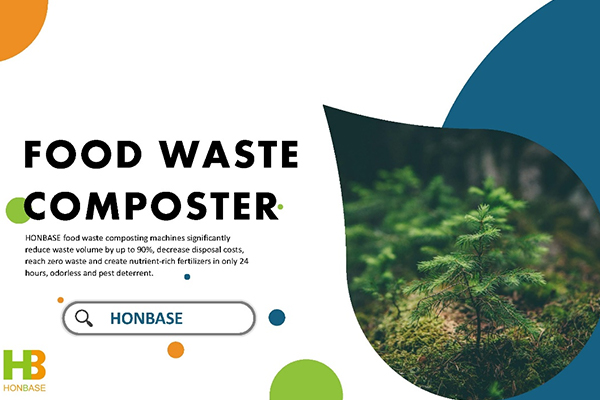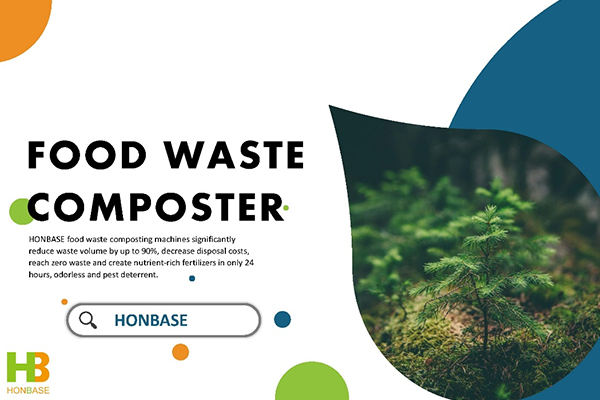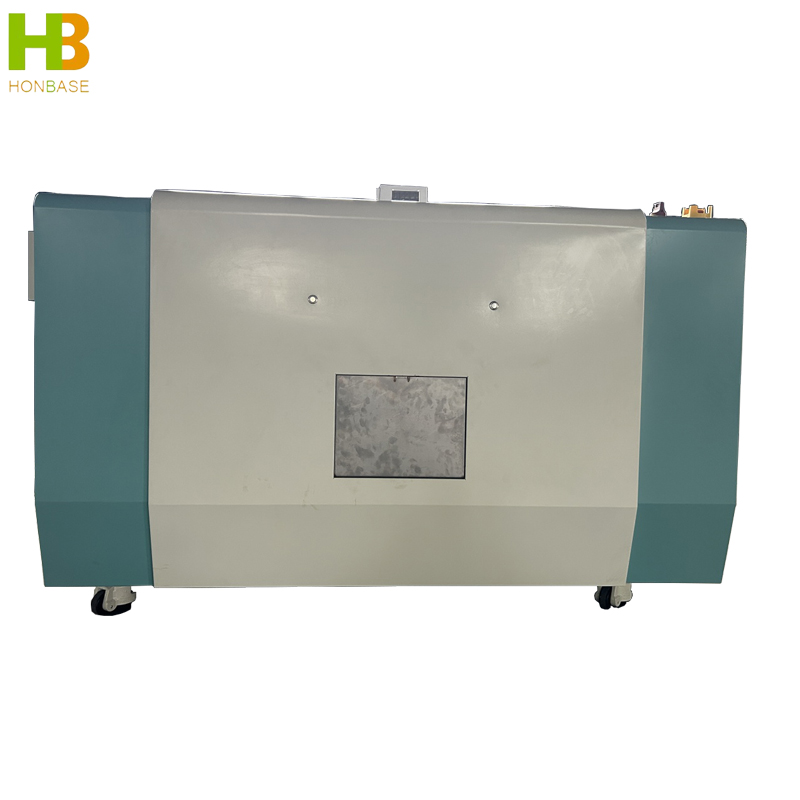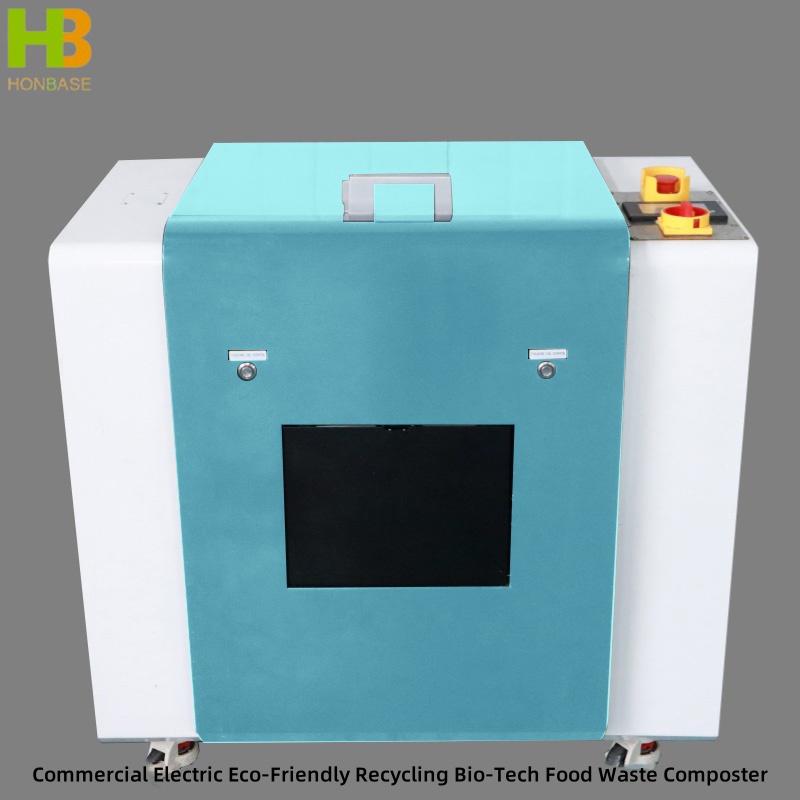What is a Food Waste Composter?
As the global focus on sustainability intensifies, food waste composting has emerged as a key solution for reducing environmental impact while turning organic waste into valuable resources. A food waste composter is a device or system designed to process food scraps, turning them into compost that can enrich soil and support sustainable gardening. In this article, we’ll explore what a food waste composter is, how it works, and why it's becoming an essential tool in both residential and commercial settings.
Understanding a Food Waste Composter
A food waste composter is a machine or system used to break down organic food scraps into compost, a nutrient-rich material that can be used to improve soil quality. These composters are designed to accelerate the natural decomposition process by providing the ideal conditions for microorganisms to break down food waste into humus, which is full of organic matter that plants need to thrive.
Food waste composters vary in size and function, from small countertop models suitable for homes to large-scale systems used in commercial kitchens, restaurants, and food processing plants. They typically consist of a container, aeration system, and sometimes an internal heating mechanism that speeds up the decomposition process. The composting process itself can take anywhere from a few weeks to a few months, depending on the system and the waste material being processed.
How Does a Food Waste Composter Work?
Food waste composters operate on the principles of aerobic decomposition, where oxygen is present to encourage microorganisms to break down organic matter. The process involves several stages:
Collection and Sorting: Food scraps, such as fruit and vegetable peels, coffee grounds, and eggshells, are collected. In some cases, commercial food waste composters can handle meat and dairy, though these may require additional care.
Shredding or Grinding: Some composters have built-in grinders or shredders to break down larger pieces of food waste into smaller, more manageable sizes. This increases the surface area, speeding up the decomposition process.
Decomposition: Once in the composter, the food waste begins to break down through the action of bacteria, fungi, and other microorganisms. For optimal decomposition, the composter may need to be turned periodically to introduce oxygen and maintain the right moisture levels.
Curing: After the initial decomposition, the compost is left to mature for several weeks, turning into dark, crumbly humus, which is ready for use as a natural fertilizer.
Benefits of Using a Food Waste Composter
Reduces Landfill Waste: One of the main benefits of food waste composting is that it helps divert organic waste from landfills, where it would otherwise break down anaerobically and release harmful methane gas. Composting food scraps not only reduces waste but also lowers greenhouse gas emissions, contributing to climate change mitigation.
Creates Valuable Fertilizer: The end product, compost, is a highly effective and environmentally friendly fertilizer. Rich in organic matter and essential nutrients, compost improves soil structure, enhances water retention, and provides plants with the nutrients they need to grow.
Sustainable Waste Management: A food waste composter provides a sustainable solution for households, restaurants, and businesses looking to minimize their waste footprint. By turning food scraps into compost, individuals and organizations can reduce reliance on chemical fertilizers and support sustainable gardening practices.
Cost Savings: By composting food waste instead of sending it to the landfill or incineration plants, users can reduce waste disposal costs, especially for commercial establishments that generate large amounts of organic waste.
Why Is Food Waste Composting Important?
The world generates vast amounts of food waste every year, much of which ends up in landfills, where it contributes to environmental issues such as methane emissions and soil degradation. By using food waste composters, individuals and businesses can mitigate these problems by recycling organic waste into a resource that benefits the environment. As the global population grows, sustainable practices like composting will play a crucial role in preserving natural resources and ensuring food security.
In conclusion, food waste composters are an essential tool for reducing waste and supporting sustainable agriculture. With numerous benefits for the environment, from lowering greenhouse gas emissions to creating valuable fertilizer, investing in a food waste composter is a smart and eco-friendly choice for anyone looking to make a positive impact on the planet. Whether you're looking for a small countertop composter for your home or a commercial-grade system for your business, there are plenty of options available to help you manage food waste effectively and sustainably.















